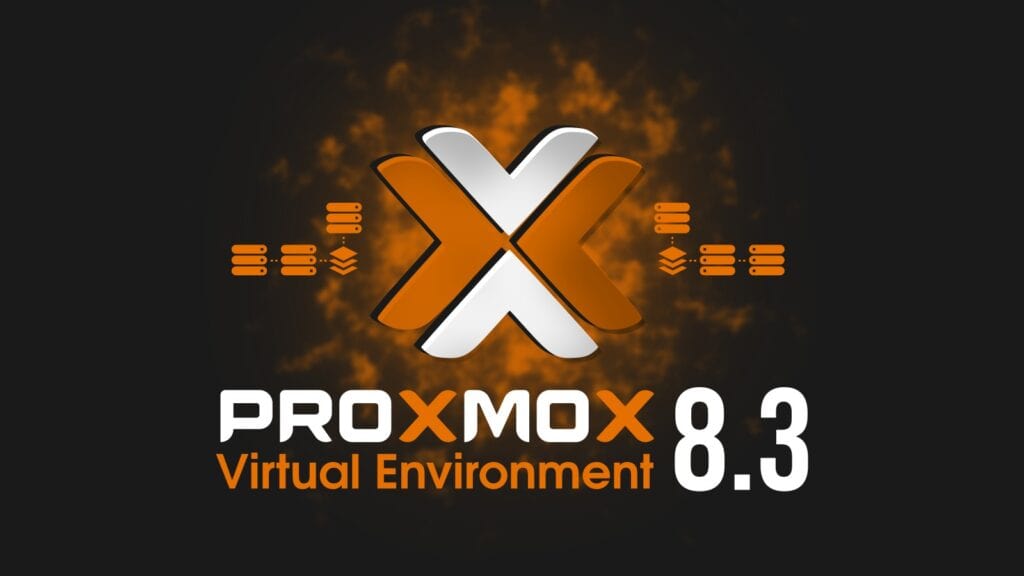After seven months of development, Proxmox, a powerful, free, and open-source virtualization platform with over 1.3 million installed hosts worldwide, unveiled its latest version, Proxmox Virtual Environment 8.3.
Built on Debian 12.8, with a stable default Linux kernel 6.8, it integrates the latest advancements in open-source technologies, including QEMU 9.0.2, LXC 6.0, and ZFS 2.2.6. Additionally, users can work with kernel 6.11, offering greater flexibility for those seeking the latest features.
One of the significant highlights of Proxmox VE 8.3 is the improved integration between the Software-Defined Networking stack and the firewall. This enhancement enables administrators to automatically generate IP sets for virtual networks and virtual guests, streamlining the management of IP addresses and firewall rules.
Moreover, the firewall—now based on nftables—provides new capabilities for filtering forwarded network traffic, helping users restrict specific traffic types, such as SNAT or inter-zone communication, at both the host and virtual network levels.
Proxmox VE’s notification system has also received a substantial update in version 8.3, introducing webhook targets. Administrators can trigger HTTP requests for events like system updates or backup jobs, providing seamless integration with external services supporting webhooks.
To improve efficiency in managing virtual guests, Proxmox VE 8.3 introduces a new ‘Tag View’ feature for its resource tree. Users can now organize and view virtual guests grouped by assigned tags, providing a rapid and customizable resource overview and simplifying large-scale environment management.
The new version also adds support for Ceph Squid 19.2.0, alongside continued support for Ceph Reef 18.2.4 and Ceph Quincy 17.2.7. This gives administrators the flexibility to choose their preferred Ceph version during installation, further enhancing their control over storage options.
On the backup side, container backups have been greatly optimized. When backed up to the Proxmox Backup Server, the new version can now identify unchanged files, skipping their processing during the backup. This results in faster operations, saving time and reducing storage load.
Lastly, migration from other virtualization platforms has been made more accessible. Proxmox VE 8.3 allows direct import of Open Virtualization Format (OVF) and Open Virtualization Appliances (OVA) files from file-based storage through the web interface.
The import wizard also helps users seamlessly migrate virtual machines from other hypervisors, including VMware, thus simplifying the transition process for organizations looking to switch to an open-source platform.
Check out the announcement or full changelog for the complete list of changes.
Proxmox Virtual Environment 8.3 is available for download at Proxmox’s official site. The ISO includes the complete feature set and is ready for installation on bare-metal servers. Distribution upgrades from older versions are supported, making the transition to 8.3 straightforward for existing users.
